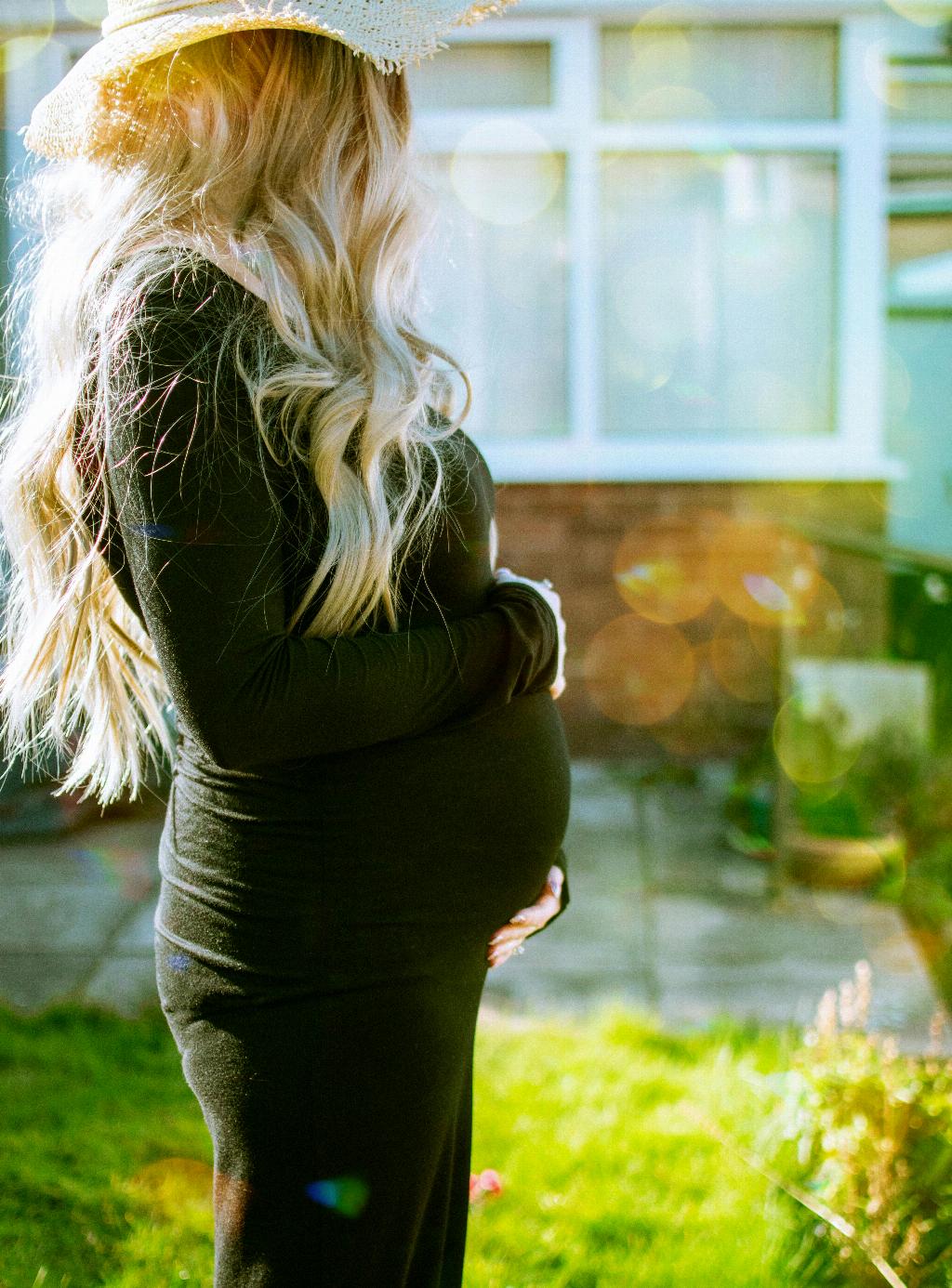During pregnancy, maintaining appropriate blood sugar levels is crucial for the health and well-being of both the mother and the developing baby. When facing low blood sugar, also known as hypoglycemia, there are several potential consequences that can arise.
Effects on the Mother
For expecting mothers experiencing low blood sugar, symptoms such as dizziness, sweating, confusion, and rapid heartbeat may manifest. Severe cases of hypoglycemia can lead to seizures, loss of consciousness, and in extreme situations, coma or even death.
Impact on the Baby
Low blood sugar during pregnancy can also have adverse effects on the baby. Insufficient glucose supply to the developing fetus can potentially lead to growth restrictions, preterm birth, and in severe cases, even fetal death.
Risks of Frequent Hypoglycemic Episodes
If hypoglycemia becomes a frequent occurrence during pregnancy, the risks are heightened. Continuous low blood sugar levels can impact the brain’s ability to function optimally, potentially leading to long-term cognitive and developmental issues in the unborn child.
Importance of Timely Management
It is imperative for pregnant individuals with diabetes or those at risk of hypoglycemia to monitor their blood sugar levels closely and respond promptly to any signs of low blood sugar. Swift and appropriate action can help prevent complications for both the mother and the baby.
Healthcare Provider Guidance
Seeking guidance from healthcare providers is essential for managing blood sugar levels during pregnancy. Medical professionals can provide personalized advice on diet, medication, and lifestyle adjustments to help maintain stable blood sugar levels throughout the pregnancy.
Monitoring and Testing
Regular monitoring and testing of blood sugar levels are essential components of managing hypoglycemia in pregnancy. By keeping track of glucose levels, individuals can intervene promptly if levels drop too low, reducing the risk of adverse outcomes.
Dietary Considerations
Following a balanced diet rich in complex carbohydrates, proteins, and healthy fats can help regulate blood sugar levels. Eating smaller, more frequent meals throughout the day can prevent drastic fluctuations in glucose levels and mitigate the risk of hypoglycemic episodes.
Physical Activity and Hypoglycemia
Engaging in regular physical activity is beneficial for overall health during pregnancy. However, individuals should be mindful of the impact of exercise on blood sugar levels and may need to adjust their routines to prevent hypoglycemia during or after physical exertion.
Medication Management
For pregnant individuals with diabetes, adhering to medication regimens as prescribed by healthcare providers is crucial. Proper medication management can help stabilize blood sugar levels and reduce the risk of hypoglycemic episodes, safeguarding the health of both the mother and the baby.
Support Networks
Having a strong support network during pregnancy can make a significant difference in managing hypoglycemia. Family, friends, and healthcare professionals can offer encouragement, assistance, and guidance throughout the pregnancy journey, promoting overall well-being.
Conclusion
In conclusion, maintaining optimal blood sugar levels during pregnancy is vital for the health of both the mother and the developing baby. By staying vigilant, seeking medical advice, and implementing appropriate strategies for managing hypoglycemia, individuals can navigate this period with greater peace of mind and minimize the risks associated with low blood sugar during pregnancy.

